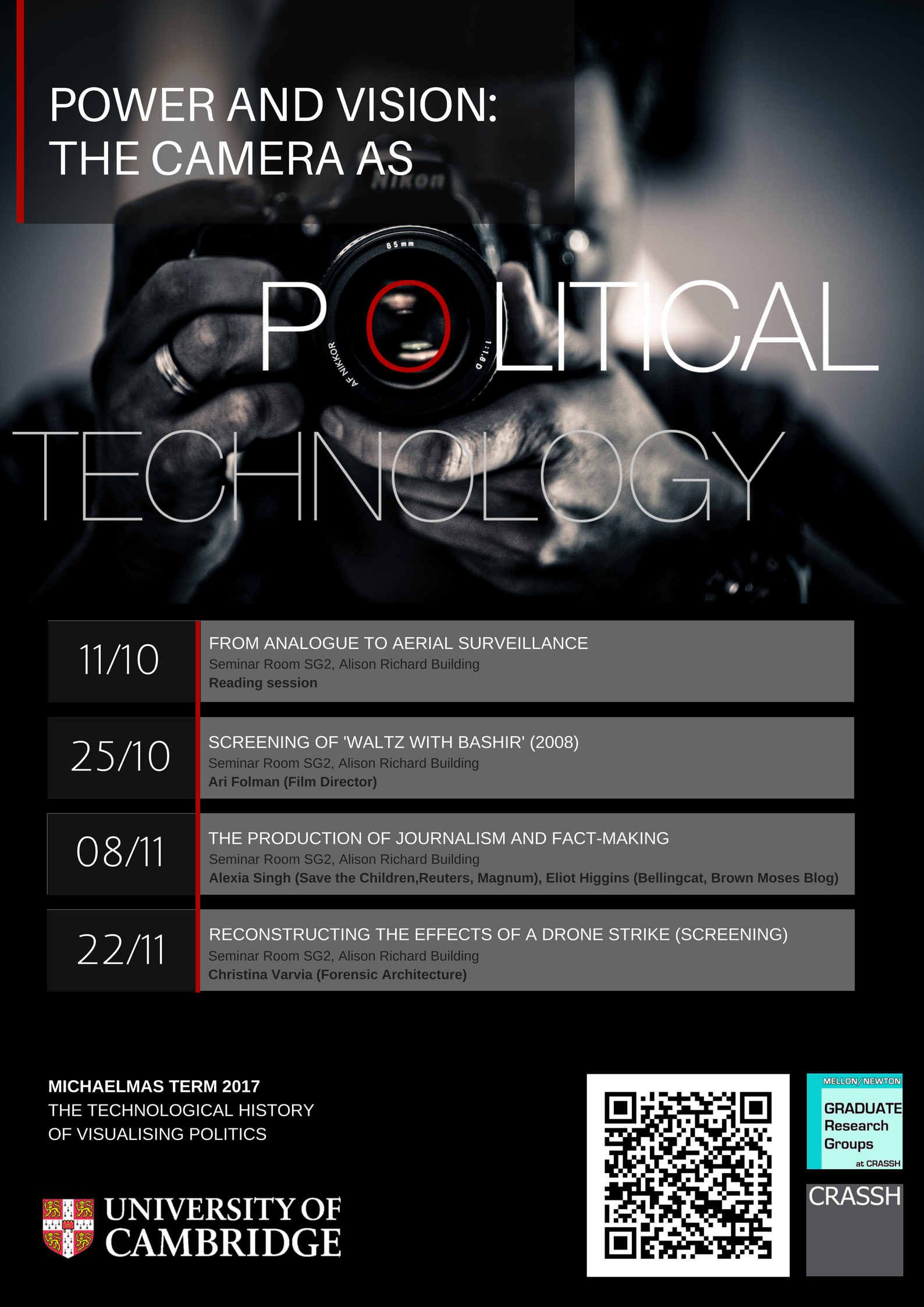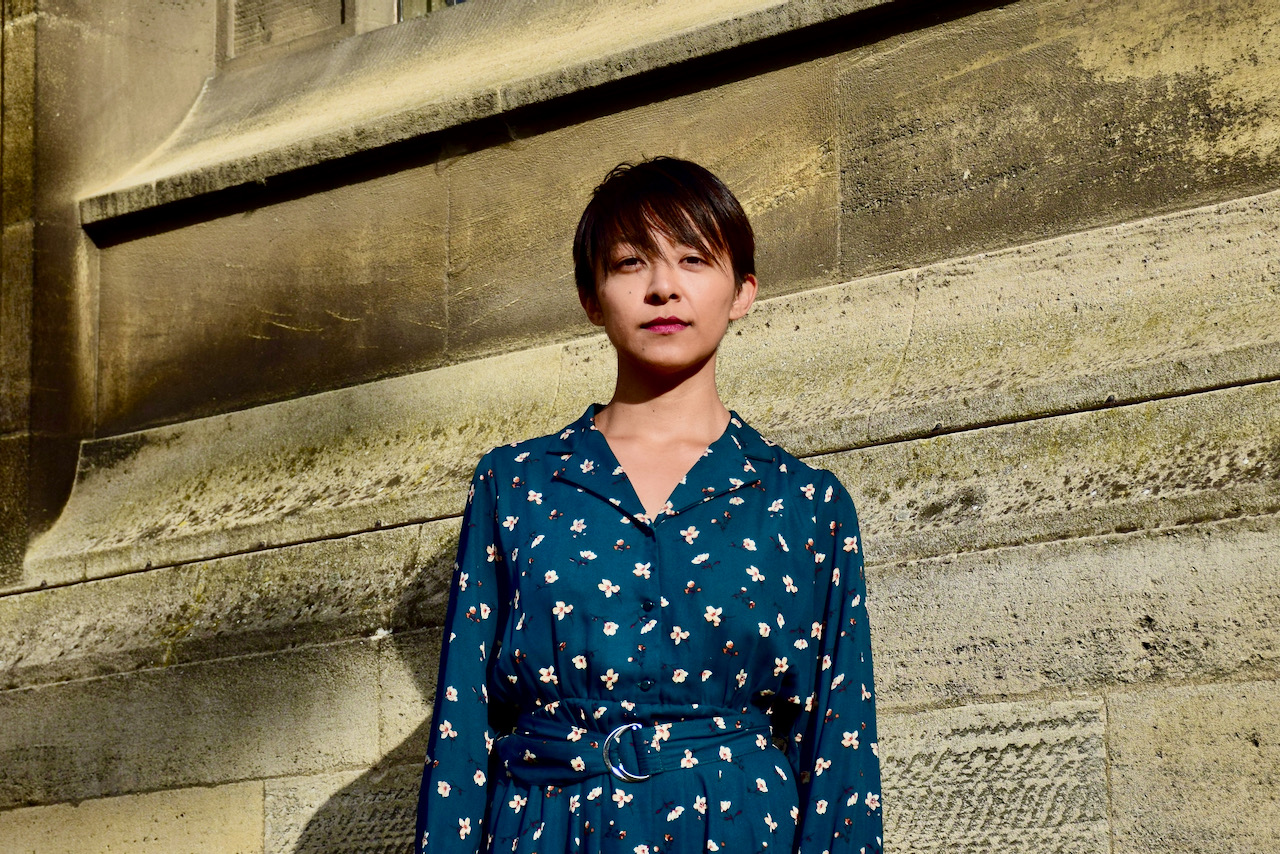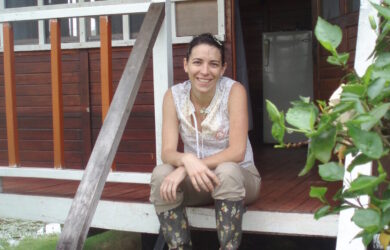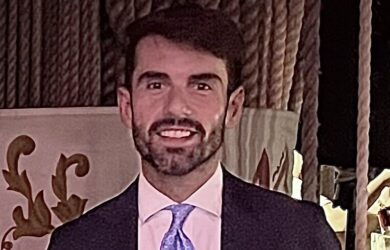
Gates Scholar and fellow PhD students to set up research group on the politics of vision, perception, memory and history.
As fake news and multimedia increasingly suffuse the visual landscape, it is imperative to initiate an academic and public discussion about how what we see, and the way it is contextualised, underpins popular claims about how contemporary political power operates.
Jessica Fernandez de Lara Harada
A Gates Cambridge Scholar and fellow PhD students have won funding for a graduate research group on the politics of vision, perception, memory and history, which will address issues of media representation, power and responsibility.
Jessica Fernandez de Lara Harada [2016] was one of six graduate students who applied for funding from the University of Cambridge’s Centre for Research in the Arts, Social Sciences and Humanities (CRASSH) to form the ‘Power and Vision: The Camera as Political Technology’ research group.
The application process is highly competitive and, to be selected, the intellectual work of the group must provide a stimulating forum for a cutting edge question.
Her fellow co-convenors are Natalie Morningstar from Social Anthropology, Katherine Anne Mato from Latin American Studies, Engy A. S. M. Moussa from Politics and International Studies, Matthew Mahmoudi from Development Studies and Karoliina J. Pulkkinen from History and Philosophy of Science.
The group seeks to address the disconnect between popular and academic critique of the way contemporary political crisis is covered in mainstream media.
Jessica says: “We assert that there is a dearth of pragmatic, accessible discussions about how images work, rather than what they purportedly show. As fake news and multimedia increasingly suffuse the visual landscape, it is imperative to initiate an academic and public discussion about how what we see, and the way it is contextualised, underpins popular claims about how contemporary political power operates. We ask: can academics, artists, and visual practitioners help us all better understand how political issues are imagined and imaged?”
In order to achieve this aim, the group will organise a series of reading groups, seminars, film screenings, master classes, and practice-based events focused on dissecting the camera as a political technology of power.
Jessica says she is particularly interested in encouraging a better understanding on the political technologies of seeing others, how images are used to make claims about difference and their impact on the experiences of migration, a central aspect of her PhD research. It is concerned with the histories, representations and memories of migrants, as well as the Japan-US-Mexico relationship, the politics of racism and migration, and the production of the ‘other’.
A webpage on the CRASSH website includes the events programme for the academic year 2017-2018, which include The Production of Journalism and Fact-Making and a screening of Reconstructing the Effects of a Drone Strike.
*Picture credit: Wikimedia Commons

Jessica Fernandez De Lara Harada
- Alumni
- Mexico
- 2016 PhD Latin American Studies
- Emmanuel College
Jessica is a qualified lawyer and human rights defender with over five years of experience in legal practice, research and advocacy work. Her doctoral research examined the overlooked historical experience of Asians in Latin America. In particular, she focused on the experiences of Mexicans of Japanese origin across five generations in relation to the 'mestizo' racial system, citizenship and state violence, as well as repertoires of resistance in Mexico. This study built upon her master’s dissertation on graphic novel representations of mestizaje, the positioning of afro-descendants, and the operation of race and racism in Mexico from a transnational lens. Her research interests include the trans-pacific history of racialised exclusion and belonging, nation-state building, and imperial and colonial formations in twentieth century Mexico. Previously, Jessica completed an MA in Latin American Studies (with Distinction) at University College London, and a BA (First Class Honours) in Law at Universidad Nacional Autónoma de México. She was a Research Fellow at the Centre for Historical Studies at El Colegio de México; co-founder of the CRASSH Graduate Research Group 'Power and Vision: The Camera as Political Technology'; and co-organiser of the conference Memories in Transit, supported by The Centre for the Study of Global Human Movement, at the University of Cambridge, and the British Academy.
Previous Education
University College London
Universidad Nacional Autonoma de Mexico












